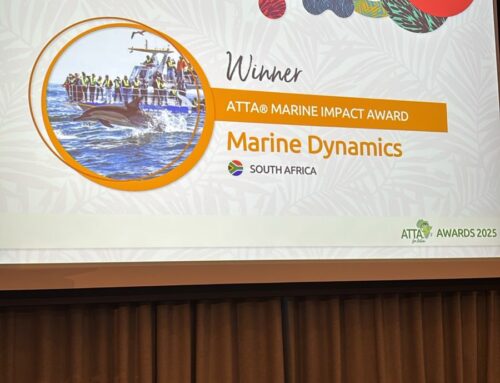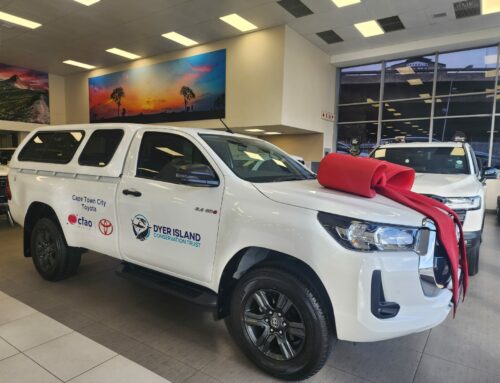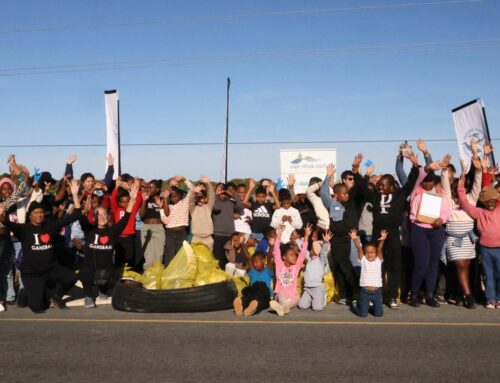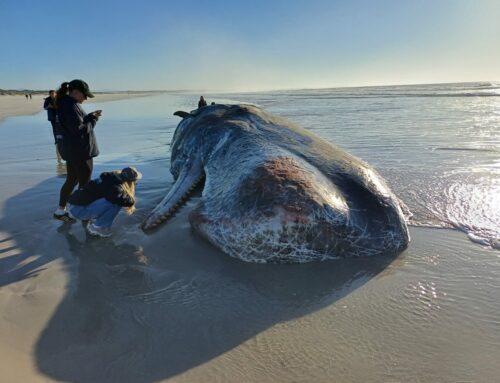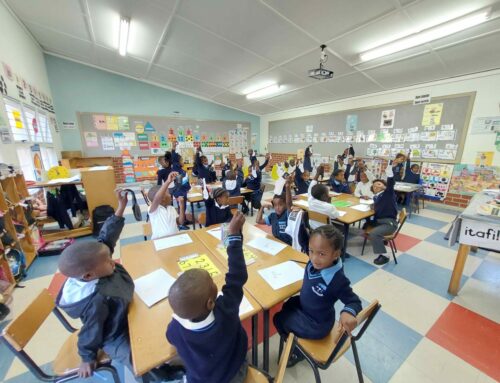International Coastal Cleanup Day (ICCD) takes place on 18 September, and volunteers from all around the world will help to bring the goal of a plastic and litter-free ocean a little closer. The ICCD has been taking place for more than 30 years, always on the third Saturday in September. What began in 1986 with only 2,800 volunteers in Texas, United States, is now the largest coastal cleanup in the world, with more than 100 countries participating and contributing statistics to the Ocean Conservancy.
With its over 2,500-kilometer coastline, South Africa has been part of the Cleanup for 25 years, with a steadily growing number of volunteers. In 2020 more than 11,500 people joined their local conservancies and organizations, to make their beaches and ocean environments cleaner and healthier. The ICCD in South Africa has been coordinated and sponsored by Plastics|SA, who plays an important role in the growth and development of the plastic Industry in South Africa and promotes recycling initiatives within that sector. Together with Ocean Conservancy, they work on making the ICCD a day where every South African can contribute to save the environment.
Every year Plastics|SA heads out before ICCD to distribute all the items needed for the big clean up. These include not only collecting bags and gloves for the volunteers, but also banners and safety tips, especially needed during the ongoing pandemic. This year, the Dyer Island Conservation Trust (DICT) was kindly invited to join the road trip, to help with handing out the items and have the opportunity to meet conservation partners and organizations.
The DICT was founded in 2006 by Wilfred Chivell, whose passion for the Dyer Island region has focused the Trust on conservation and research programs protecting the delicate Dyer Island marine ecosystem in the Gansbaai region. With various conservation projects the DICT makes a difference, finding solutions to problems in the marine environment. One project that stands out, especially regarding the ICCD, is the fishing line recovery and recycling program. It creates public awareness of the negative impacts of fishing lines and encourages correct disposal by placing the fishing line bins along the shorelines. Not only relevant in coastal areas but also on rivers and lakes, the bins can be used to mitigate animal entanglements from fishing line. On the road trip for the International coastal cleanup day, the DICT was able to hand out fishing line bins to conservancies and organizations.
The road trip took Plastics|SA and the DICT along the coastline from Cape Town to Port Elizabeth. Along the way they visited many different conservancies, private organizers and municipalities. Some were in the smallest seaside towns, like the Lower Breede River Conservancy (Witsand) and Natures Valley Trust, and some were high up in the mountains (Groot Brak River Conservancy) only reachable by narrow winding roads, and others were in the bigger cities, like Sustainable Seas Trust in Port Elizabeth. Although all in different parts of the country, they all have the same goal, making our oceans clean and healthy again. To acknowledge organizations that have been a key contributor to the cleanups over the years, the Caroline Reid award was handed out. Caroline Reid was an ocean conservation warrior, who tragically passed away in 2018. She had been a coordinator for many coastal clean ups, as well as helping immensely with the 2017 nurdle spill in the Durban harbour.
The DICT team said goodbye to John Kieser, the Sustainability Manager from Plastics|SA, who has been distributing the materials for ICCD for the past 25 years. As he continued the journey up to Durban, the DICT team, Brenda Walters and Nane Wardenberg, a Marine Dynamics Academy student, had one more stop in Oudtshoorn at Trapsuurtjies Projekte, with another Caroline Reid Award in their bag.
“During the trip it was evident that many people are aiming to make a difference by organizing beach clean ups and bringing the community together to educate more people on pollution. However, conservation cannot be carried by one person, or one organization. Every South African needs to contribute to a cleaner environment – only together will we achieve a better future our planet. The first step to do that is to participate in the International Coastal Cleanup Day in your area with one of the many organisers as every helping hand counts,’’ said Kieser.
– Written by Nane Wardenberg
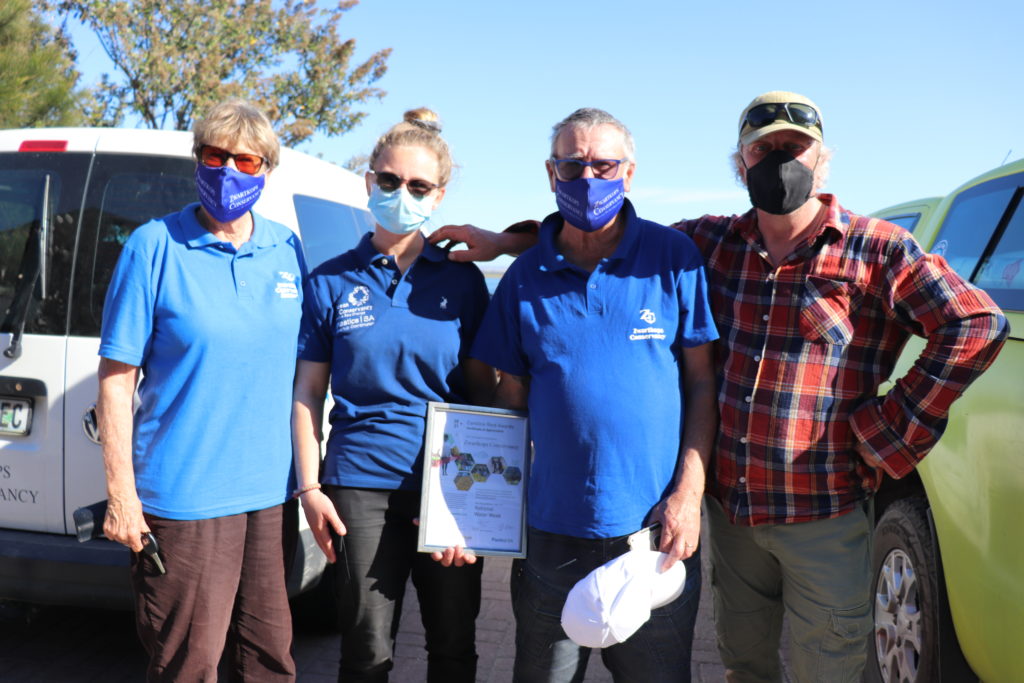
Zwartkops Conservancy
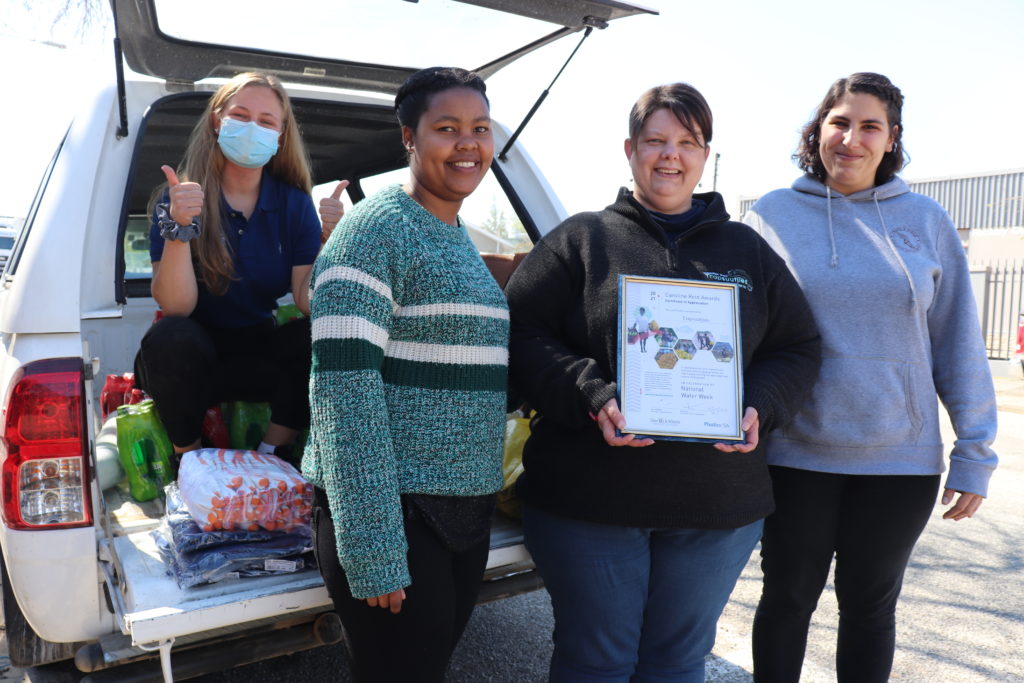
Trapsuutjies
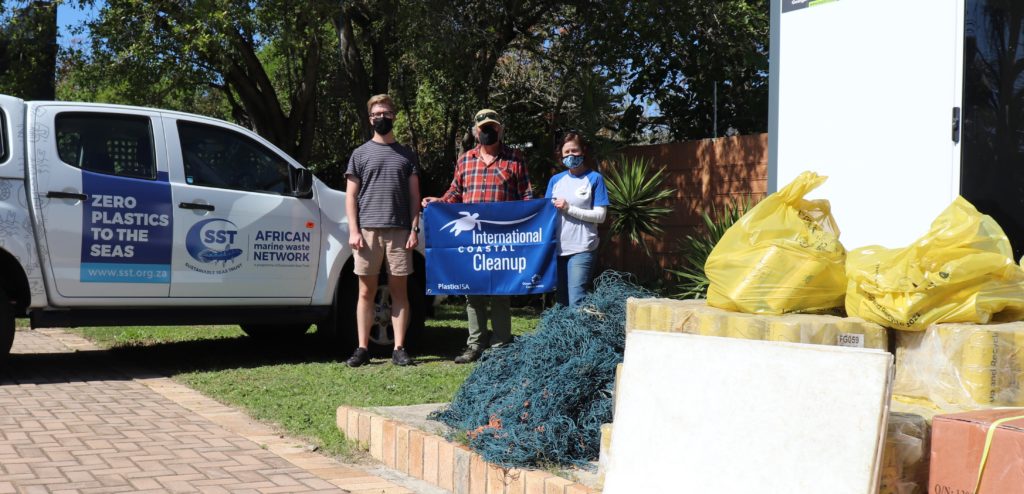
Sustainable Seas Trust
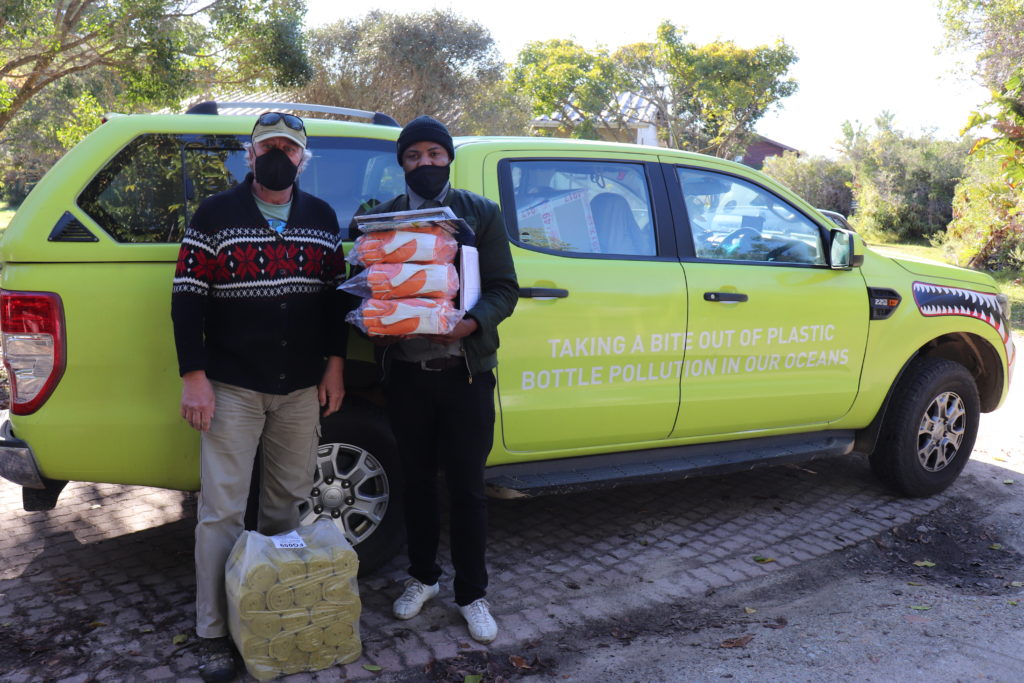
SANPARKS Wilderness
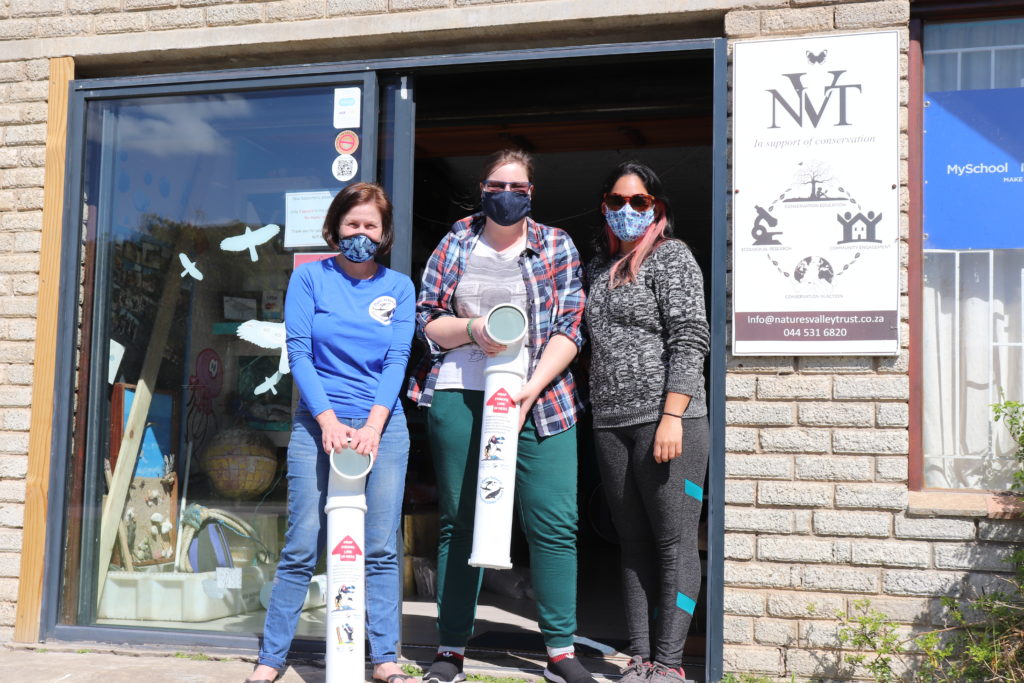
Nature’s Valley Trust
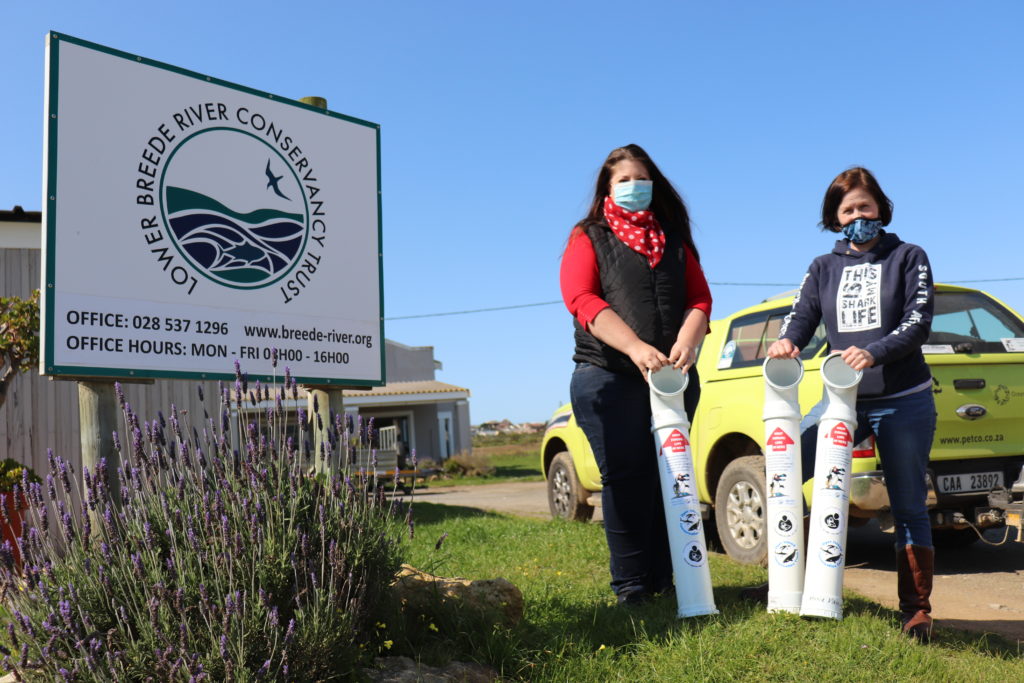
Lower Breede River Conservancy Trust
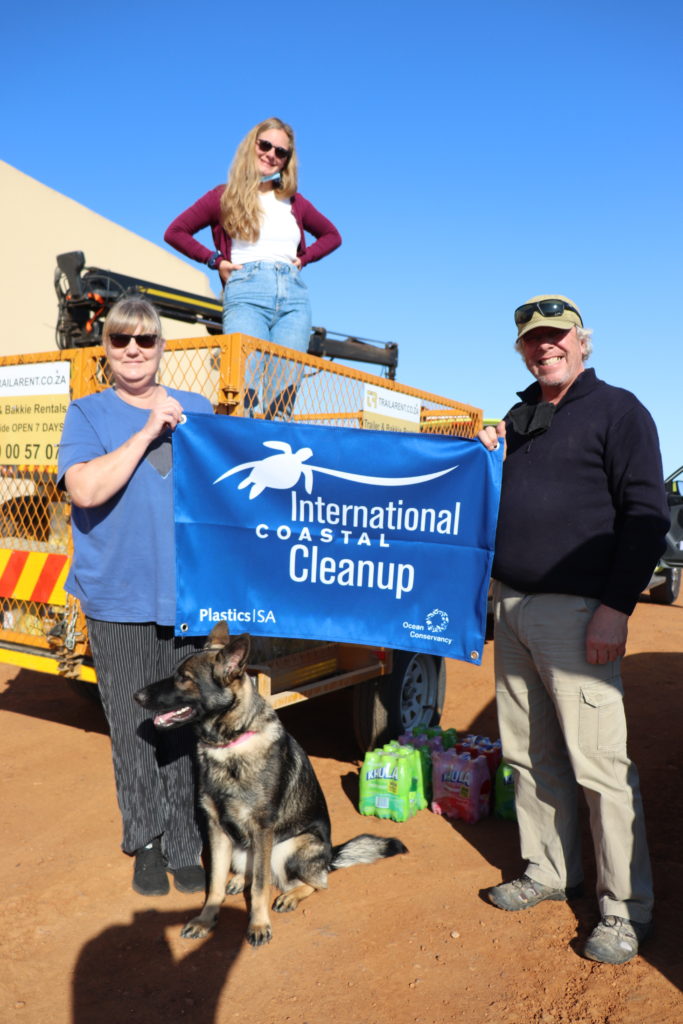
Mossel Bay – Dana Bay Conservancy
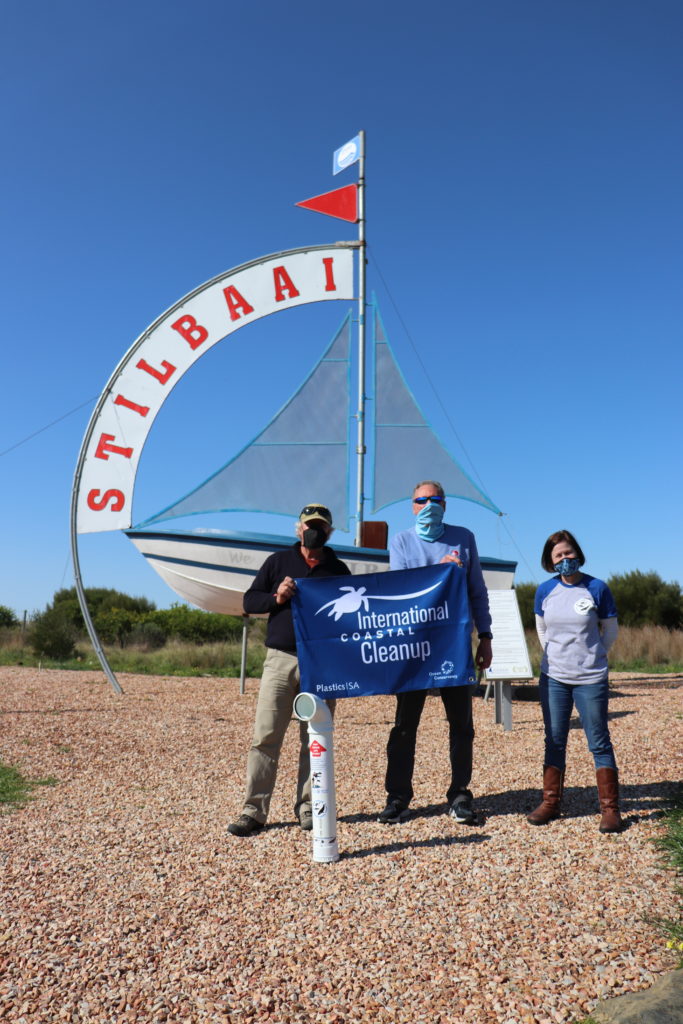
Stilbaai
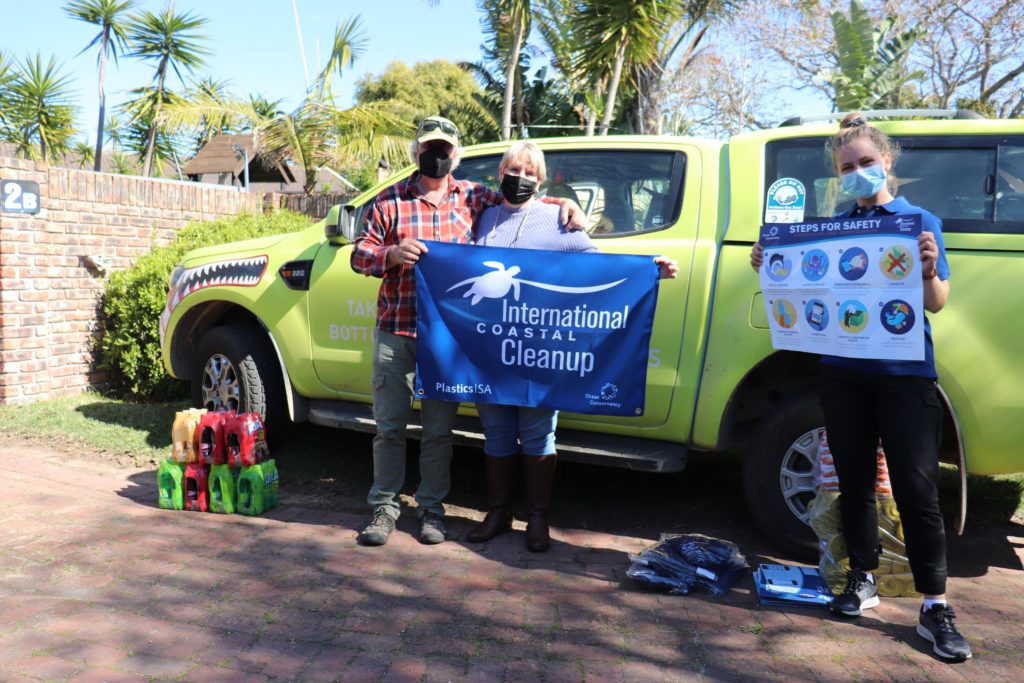 Four Wheel Drive Club of Southern Africa – PE Division
Four Wheel Drive Club of Southern Africa – PE Division
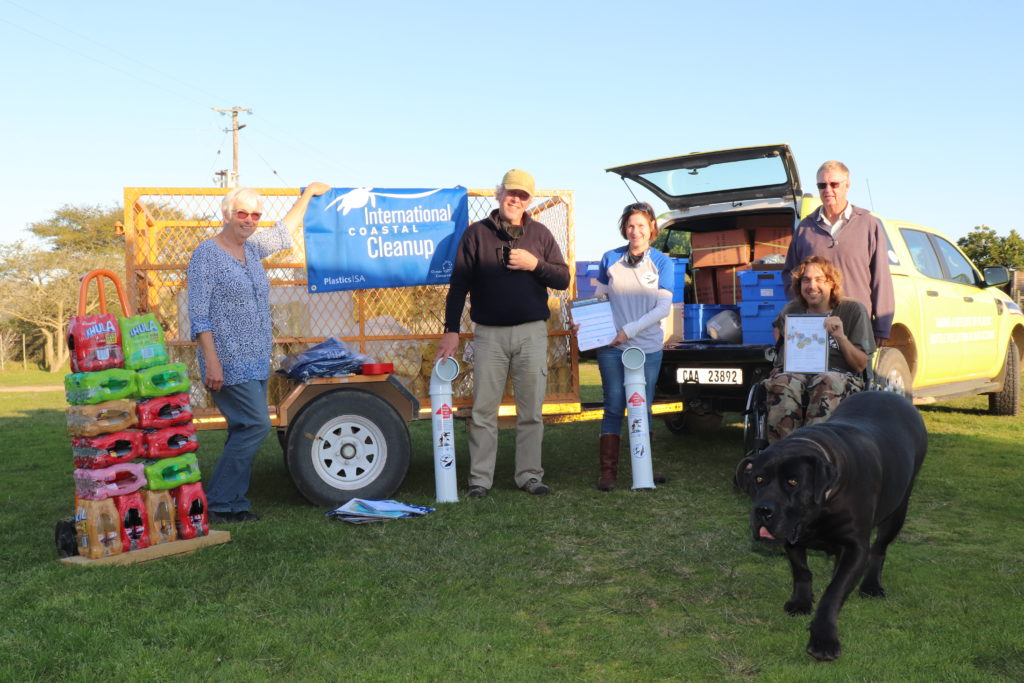
Great Brak River Conservancy
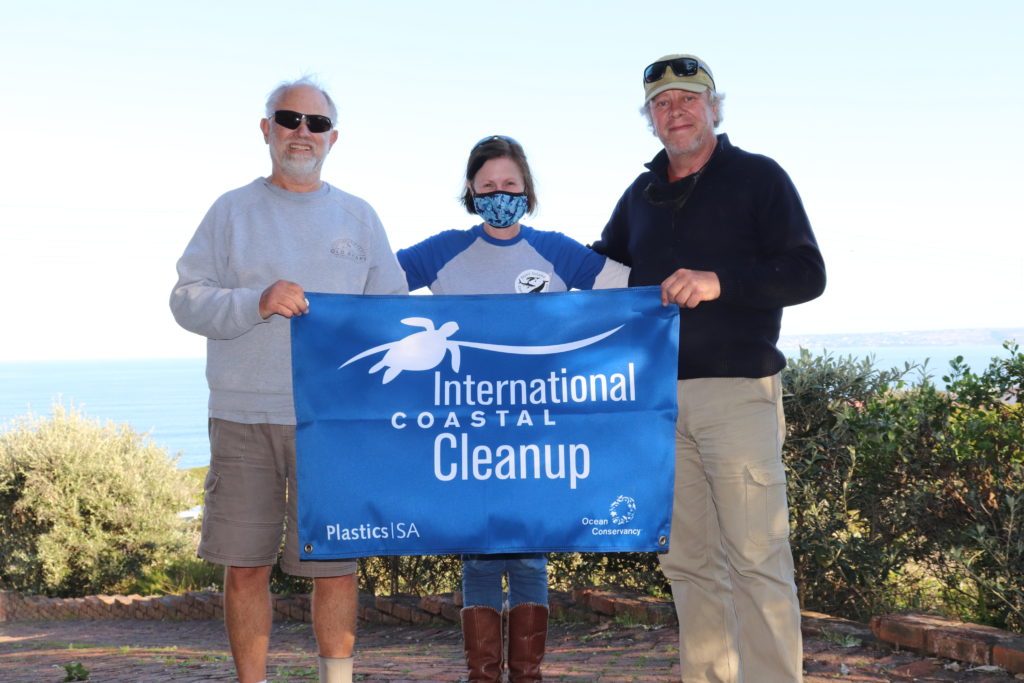 Mid Brak Conservancy
Mid Brak Conservancy

